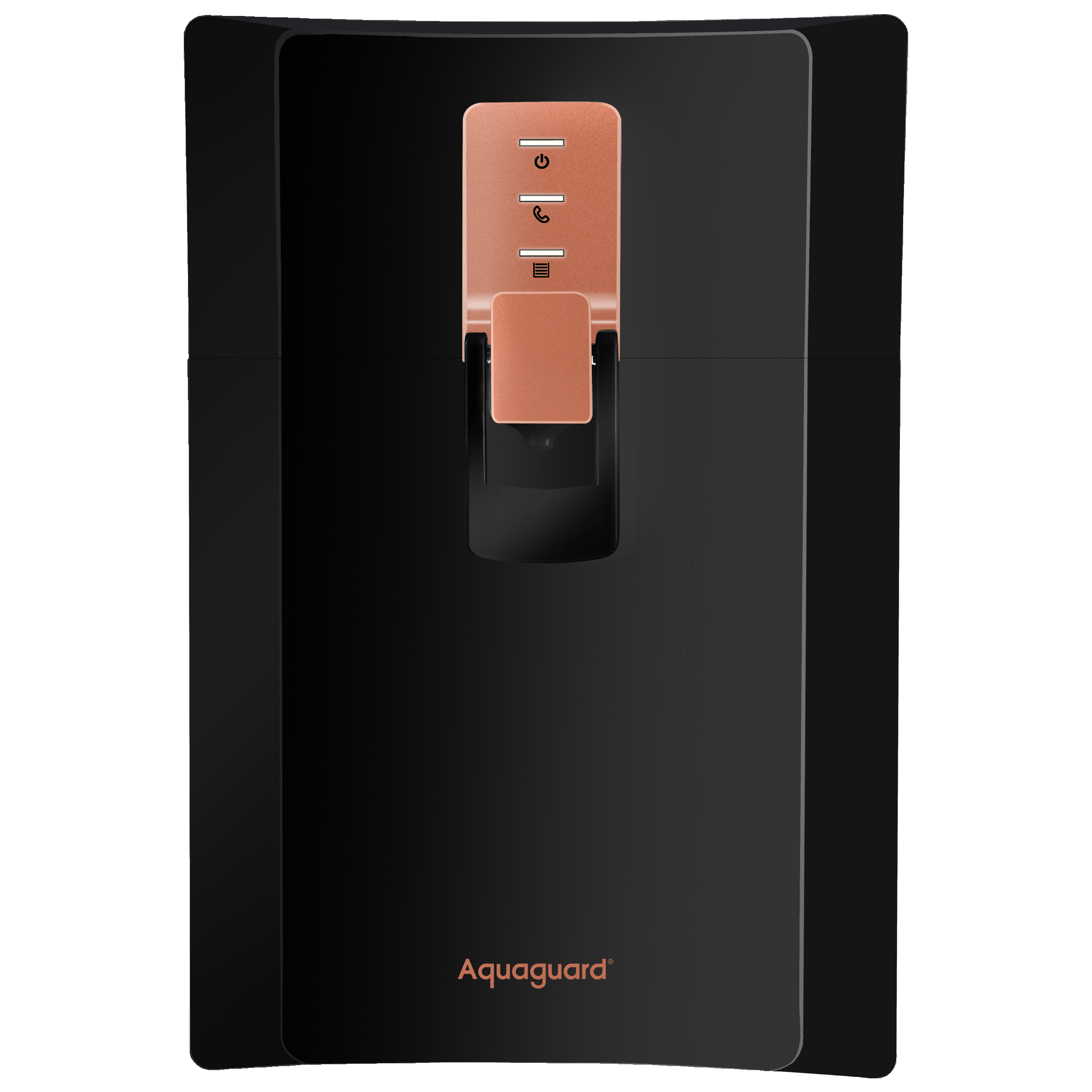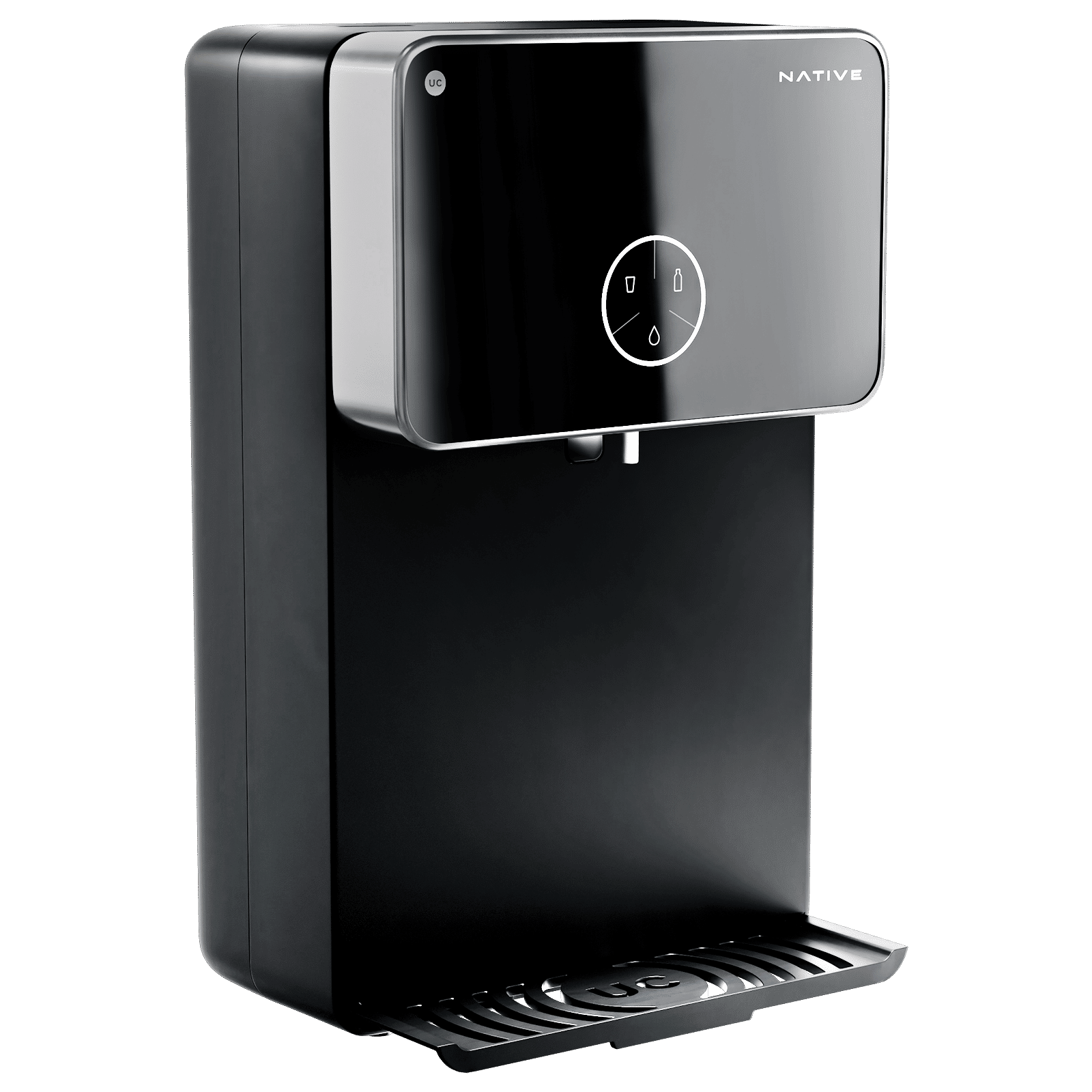Water purifiers have become an indispensable appliance in many households, ensuring access to clean and safe drinking water. However, concerns about their electricity consumption often arise. In this comprehensive guide, we delve into the electrical demands of various water purifiers, factors influencing their energy usage, and tips to optimise their efficiency.
Understanding water purifier types and their power consumption
Here are the different types of water purifiers with varying energy requirements:
1. Reverse Osmosis (RO) purifiers
RO purifiers are renowned for their thorough filtration process, removing impurities and contaminants effectively. However, they typically have the highest energy consumption among water purifiers due to their reliance on a pump to force water through a membrane. On average, RO purifiers consume around 60 to 120 watts per hour.
2. Ultraviolet (UV) purifiers
UV purifiers use ultraviolet light to disinfect water, killing harmful microorganisms. They are known for their low electricity consumption, typically consuming around 30 to 40 watts per hour.
ALSO READ: How to pick the right water purifier for your home: RO, UV, UF purifiers explained
3. Ultrafiltration (UF) purifiers
UF purifiers rely on a membrane to filter out impurities and do not require electricity for their operation.
4. Gravity-based purifiers
These purifiers work without electricity too, relying on gravity to filter water through various layers.
Factors influencing electricity consumption
Several factors contribute to the overall electricity consumption of a water purifier. Firstly, the type of purification technology significantly impacts energy usage: RO purifiers consume the most electricity, followed by UV purifiers, while UF and gravity-based purifiers consume no electricity.
Secondly, the capacity of the purifier and the frequency of use directly influence electricity consumption, with larger purifiers and higher usage naturally leading to greater energy use.
Additionally, some purifiers come equipped with extra features such as heating or cooling, which further increase electricity consumption.
Optimising energy efficiency
While water purifiers do consume electricity, there are several ways to optimise their energy efficiency:
1. Choose the right technology
If electricity consumption is a major concern, consider opting for UV or UF purifiers, or even gravity-based purifiers if they meet your purification needs.
2. Select the appropriate size
Choose a purifier with a capacity that suits your household’s daily water consumption to avoid unnecessary energy wastage.
3. Regular maintenance
Keep your purifier well-maintained by replacing filters and membranes as recommended by the manufacturer. A clogged filter can force the purifier to work harder and longer, consuming more electricity.
4. Turn off when not in use
If you’re going away for an extended period, consider turning off your purifier to save energy.
5. Use timers
Some purifiers come with timers that allow you to schedule their operation, ensuring they are only running when needed.
ALSO READ: 5 common water purifier issues and how to tackle them
Water purifiers are an essential investment for ensuring access to clean and safe drinking water. While they do consume electricity, understanding the different types, factors influencing their energy usage, and implementing energy-saving tips can help you make informed choices and minimise your environmental impact. By choosing the right purifier and using it efficiently, you can enjoy the benefits of purified water without excessive energy consumption.
Unleash your inner geek with Croma Unboxed
Subscribe now to stay ahead with the latest articles and updates
You are almost there
Enter your details to subscribe

Happiness unboxed!
Thank you for subscribing to our blog.
Disclaimer: This post as well as the layout and design on this website are protected under Indian intellectual property laws, including the Copyright Act, 1957 and the Trade Marks Act, 1999 and is the property of Infiniti Retail Limited (Croma). Using, copying (in full or in part), adapting or altering this post or any other material from Croma’s website is expressly prohibited without prior written permission from Croma. For permission to use the content on the Croma’s website, please connect on contactunboxed@croma.com
- Related articles
- Popular articles















Anvinraj Valiyathara
Comments